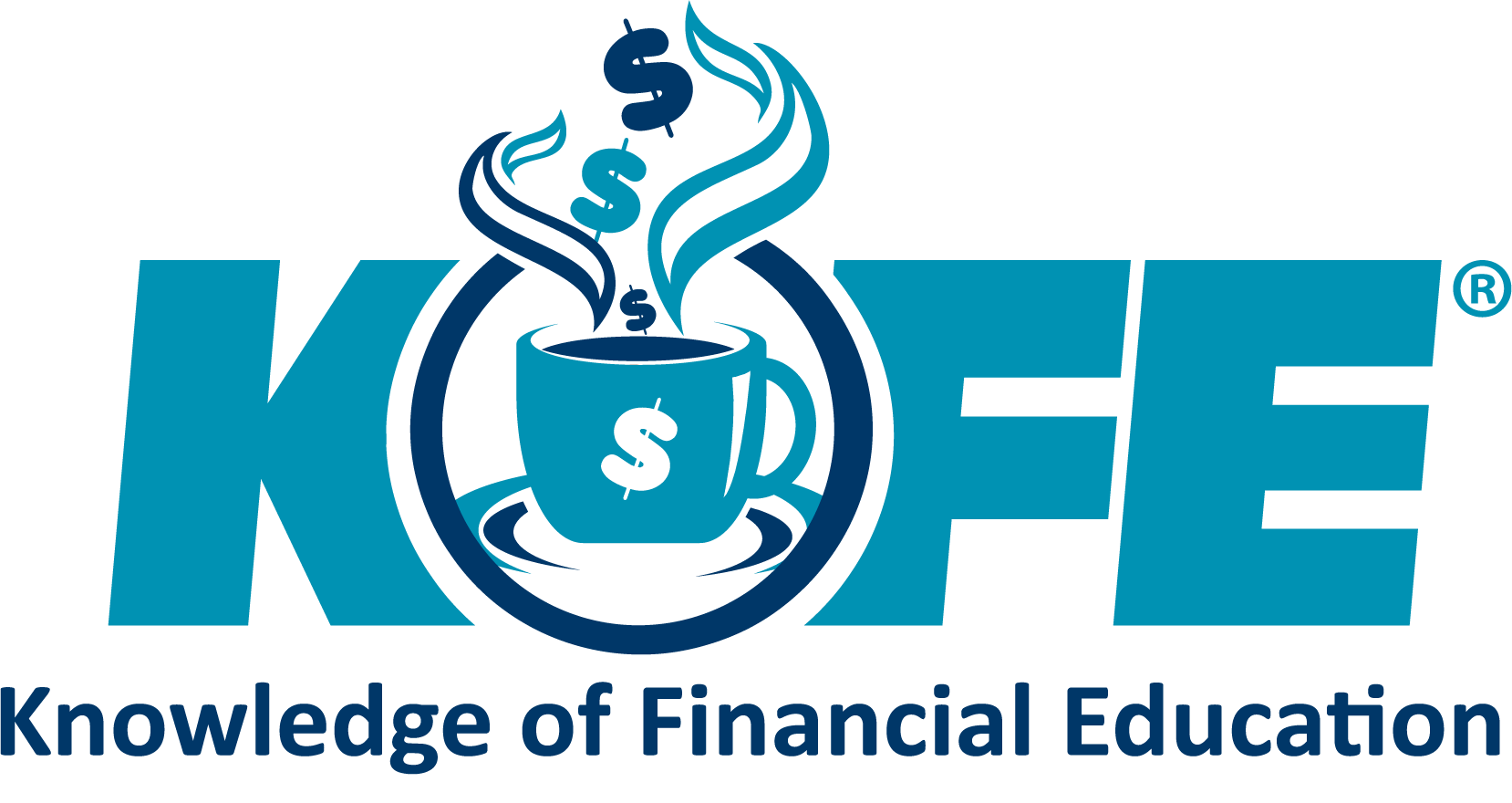See how much loan you can afford and how extra payments can help you save.
Getting a loan at the right interest rate with the right term can affect how easily (or difficult) it will be to repay. This loan calculator can help you find the right loan to fit your needs and budget. It also helps you visualize how adding extra payments saves you money on interest charges.
Choosing the right term on a loan
A term is the length of time you have to repay a loan.
A shorter term increases the monthly payment, but decreases total costs, but a shorter term can help you save money overall.
| Type of Loan | Common Terms |
|---|---|
| Mortgage | A typical mortgage in Canada has a 5-year term with a 25-year amortization period. |
| Auto loans | 84 months, or 7 years, is currently the most popular option for Canadians, although shorter terms of 2 to 3 years are also available. |
| Personal loans | Most lenders cap personal loans at 48 months, although some lenders offer personal loans up to 60 months. |
| Student loans | Federal student loans and most private loans have a term of 10 or 14.5 years; some private loans offer longer terms of up to 25 years. |
Tip: Always choose the shortest term you can afford to pay
Getting the right interest rate
Lenders assign interest rates for loans based on your credit score and their lending criteria. A higher credit score means lower interest rates. Lower rates reduce both the monthly cost and total cost of your loan.
| Type of Loan | Average rates |
|---|---|
| Mortgage | Mortgage rates tend to average between 3% and 5%. |
| Auto loans | Auto loans can range from from 0% to 30% in Canada. |
| Personal loans | Rates on unsecured personal loans can average between 5% and 40%. |
| Student loans | Student loans Federal student loan rates sit at 2.5% plus the Bank Of Canada’s Prime Rate of 2.45%. Provincial loan rates vary from 0% to 2.5% plus prime. Private student loans can range from 3% to 13%. Bank of Canada Prime Rate is subject to change. |
Variable-rate loans may offer better rates now, but beware!
Variable-rate loans have rates that may change over time, usually after a set number of years. For example, the rates on a variable-rate mortgages can adjust every 1, 7 or 10 years.
When rates are low, consider refinancing to a low fixed rate.
Paying attention to what’s happening with interest rates can be beneficial as you can refinance loans with a lower interest rate. Mortgages, auto loans, and loans can be refinanced as well, and you can use a debt consolidation loan to pay off high interest credit card balances while repaying one loan at a lower interest rate. Speak to one of our credit counsellors for more information.

